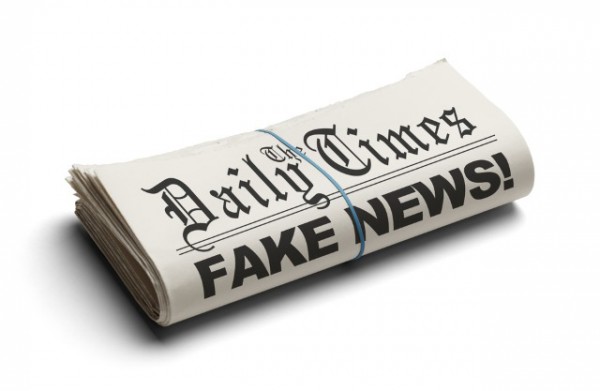British voters concerned about the impact of fake news on elections

With the UK's general election campaign now in full swing, a new study of 2,000 adults finds that 68 percent are concerned that fake news could influence the outcome.
In addition, 26 percent are not confident in their ability to identify a fake story and a further 39 percent were unsure if they had ever seen one. This makes Facebook’s decision to publish tips on spotting fake news timely.
The research by comparison site BroadbandGenie along with polling company OnePoll shows respondents believe the Conservatives would benefit the most from fake news, whilst Labour would be most negatively affected.
The influence of fake news seems to be widespread, with just over half (50.6 percent) of those surveyed saying they've seen what they believe to be a fake news story. More worryingly, 38.6 percent say they're unsure if they'd seen one or not. When asked if they were confident in their ability to spot a fake story, 26.35 percent say they weren't at all confident, 61.45 percent were somewhat confident and just 12.2 percent were very confident.
In addition nine percent of respondents thought fake news had the potential to change their own vote in the election, while a further 21 percent were unsure. 42 percent believe that fake news influenced the EU referendum result.
Rob Hilborn, head of strategy at Broadband Genie, says, "It's concerning such a significant number believe fake news will have some influence on the election. With Brexit, the American presidential election and the recent French election fresh in the memory of the public, people are obviously aware of the power and prevalence of fake news."
Slightly more than over half of those polled (52 percent) are regularly using publicly-funded media such as the BBC as a source of news. Other popular sources include print (42 percent) and online (44 percent) newspapers and magazines, Google (33 percent), privately-funded media (19 percent) and Facebook (27 percent).
And while sites such as Facebook and Google are encouraging users to spot and report fake news, this could fall on deaf ears for most, as 76 percent say they wouldn't report a suspected fake news story to a website or search engine. 53 percent say websites and the media aren't doing enough to tackle fake news.
You can read more about the survey findings on the BroadbandGenie blog.
Image credit: Mega Pixel / Shutterstock